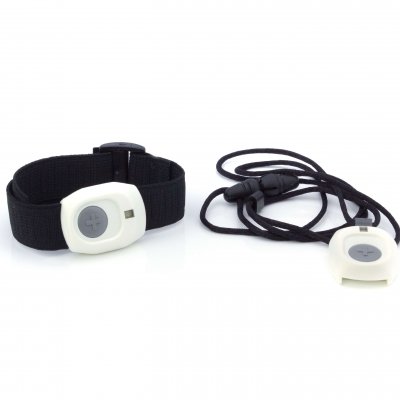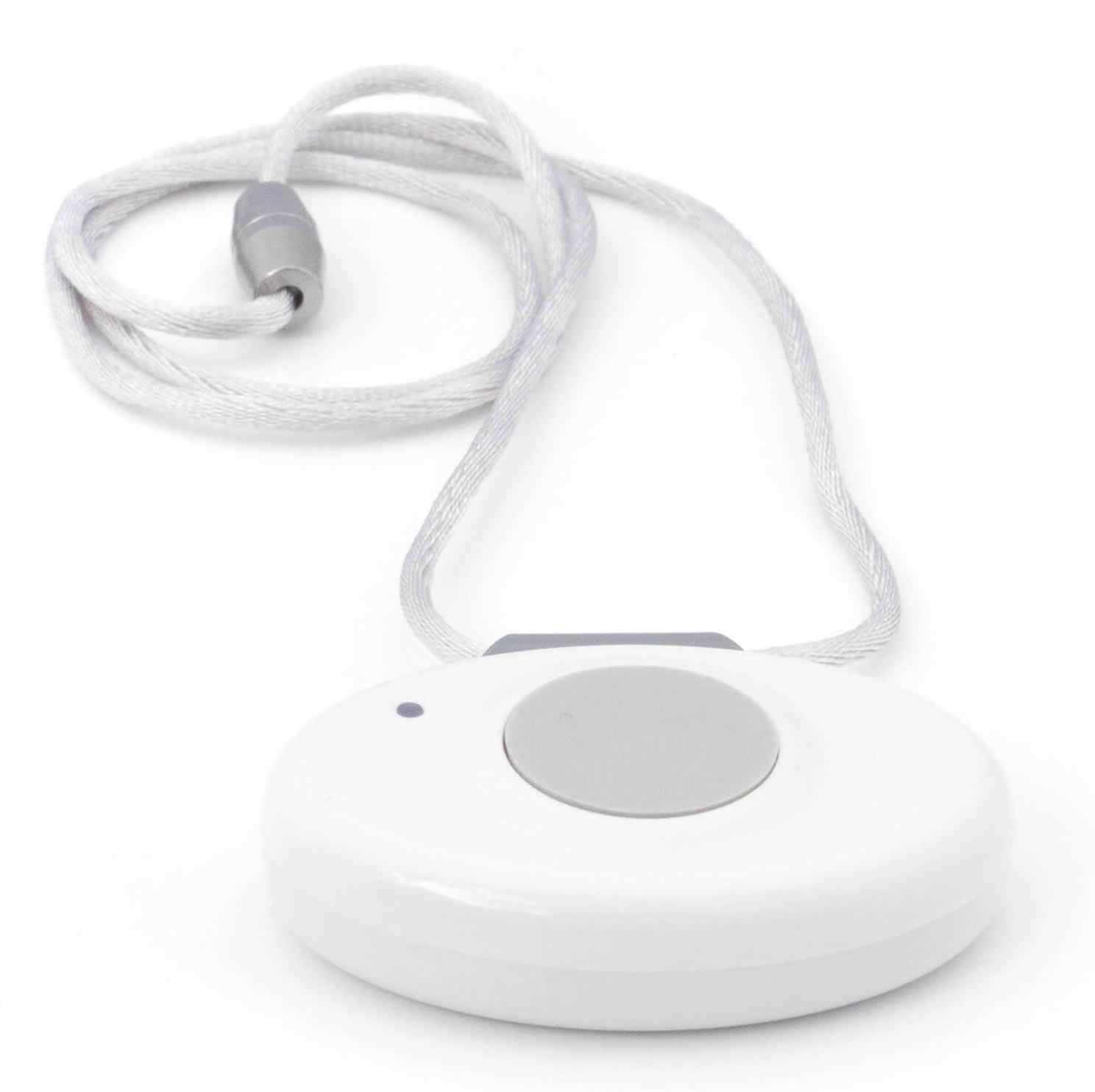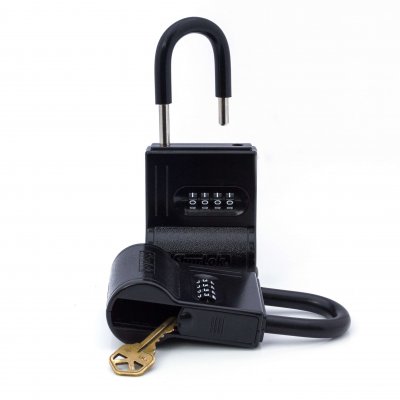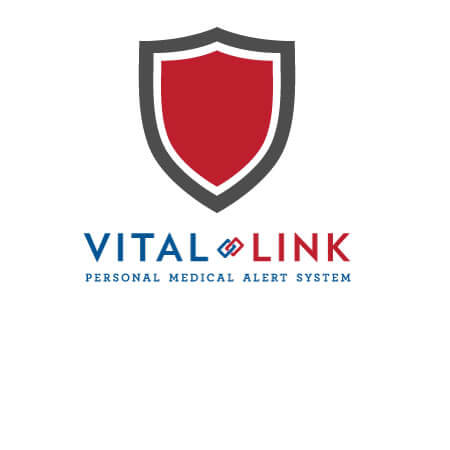At Vital-Link we often get calls from an adult child of an aging parent and their leading statement is often something like this: “My dad fell for the second time last week and we now want to order your medical alert device for him”.One of our questions will then be … “What does you dad think about having to wear a medical alert bracelet or pendant?”. The response sometimes is … ” he is not happy about the idea” or “… he is resisting it but we are insisting that he gets some kind of emergency medical alerting device”. Here is what we have learned via our decades of experience in dealing with these issues … if you force somebody to do something against their will … they generally will not comply. In this case that means that instead of wearing their medical alert pendant … they will leave it on the dining table or put it in a drawer … where it will do them no good at the time of a medical emergency. It is here that we wish we could provide the magic words that you would say … and abra cadabra … dad would say … “you know what, you are right … get me one of those “I’ve fallen and can’t get up things”. WE HAVE YET TO FIND THOSE MAGIC WORDS. Sometimes dad can be presented with the idea that these kind of medical alarms may keep in his home longer and more safely … thus preserving his independence. Sometimes dad may decide to wear the “alert button” simply because he knows you will worry less. And, sometimes no matter what you say … dad will still say “NO”. If he says “no” … we at Vital-Link ask you to respect their decision. While it may not be in his best interest relative to keeping him safe … It preserves his dignity and respects his right to make this choice for himself. We know that a whole lot of our elderly population NEED these emergency response system devices … we also know that at least some of those that need a medical alert … just don’t want one. And, if that is the case … that decision needs to be respected.
Preserving Choice and Dignity While Taking Care of a Loved One
If you are reading this … you could probably write the rest of this paragraph because you are now wrestling with the things your loved ones really need … but, MAY NOT WANT. After all mom or dad has reached the age at which they now need to be taken care of by us … but we often forget this simple premise. Your mom or dad or aunt or uncle or whoever you are now taking care of … was once able to take of themselves … make decisions for themselves … do things for themselves. Now they can’t … and in that circumstance our loved ones move from being independent to dependant. Imagine for a second … how a circumstance like this would make you feel. Imagine for a second … how it would feel if you needed to be taken care of by your children … even if they had the time and the money … you probably would not like to burden your family with your aging needs. So this really boils down to maintaining the dignity and respect of the people we love.
Now it May be the Time to Think About You Preserving Choice and Dignity When You Need Care
If you ever have a long-term illness, a chronic condition or Alzheimer’s disease, you may need help with things like bathing, dressing and eating. Your family may want to help you, but they may not be physically able to provide care or their busy schedules may make it difficult to devote enough time to your needs. Aides can come into your home, but these costs are not usually covered by ordinary health insurance policies and Medicare. These expenses can quickly deplete your nest egg, no matter how much you’ve saved. This is when long term care insurance can help.
Long term care insurance can help cover the cost of care you receive at home from nurses’ aides, home health aides and therapists. It can help cover services in an assisted living facility and, if you require skilled care, nursing home expenses can be covered.
It helps you maintain your dignity and financial freedom and gives you the flexibility to participate in making choices that impact your care — about the services you receive, where you receive them and who provides the care you need.
Someone who has a chronic condition or is returning from a stay in a hospital or rehabilitation facility may need these services, which can be covered by long term care insurance:
Nursing Home Care
Nursing homes give residents skilled nursing care 24 hours a day, along with medication monitoring, rehabilitation and physical therapy, room and board and personal care and supervision.
Skilled In-Home Nursing Care
In-home and live-in nurses provide skilled nursing services like clinical assessment and monitoring, intravenous therapy, ventilator and tracheotomy management and cardiac care.
Adult Day Care
Based in the community, adult day care centers provide daytime supervision, giving family caregivers much needed assistance. Along with social activities, they may provide health services and therapy.
Hospice Care
Hospice care furnishes medical services and emotional support for those in the last stages of terminal illnesses. Hospice helps patients manage their symptoms so they can continue an alert, pain-free life and spend their final days with dignity, surrounded by loved ones. It also helps their family members with the practical details and emotional challenges of caring for a dying loved one. These programs offer services 24 hours a day, 7 days a week, in homes, hospice centers, nursing homes, long-term care facilities and hospitals.
Personal and Home Health Aides
These aides help the elderly, disabled or ill with personal care like bathing, dressing, eating and taking medication. By receiving these services at home, people can remain in the comfort of their own homes longer.
Homemaker Services
These aides help people complete those household tasks that they can’t manage alone, like housecleaning, cooking and running errands, making it possible for their clients to continue to live independently in their own homes.
Assisted Living Facilities
Assisted living facilities (or residential care facilities) can provide personal care and health services for people who may need assistance with activities of daily living, but not the level of care provided by a nursing home. Assisted living is an intermediate level of long term care, not an alternative to a nursing home.
Are you ready for a medical alarm bracelet or medical alert pendant?
Medical alert devices or medical alarms or the “I’ve fallen and Can’t Get Up” thing … no matter what you call these emergency medical alarm buttons … they do not prevent falls. However, given this discussion regarding fall prevention, the question that still remains is … “What can be done after a fall happens?” One possible answer is to consider subscribing to a Personal Emergency Response System Service such as Vital-Link. Click here to learn more about the Vital-Link Emergency Response Medical Alarms.




